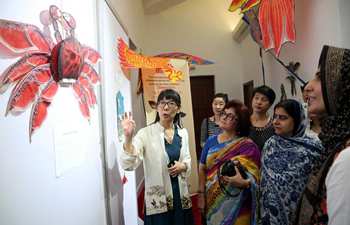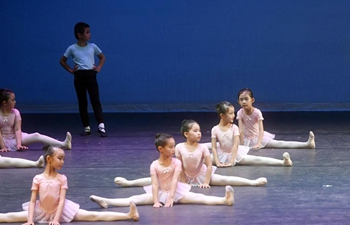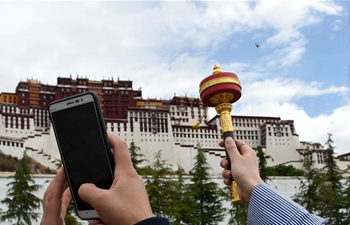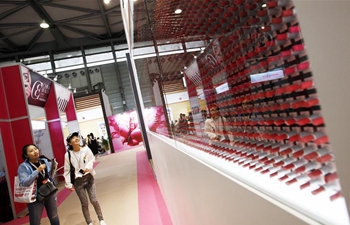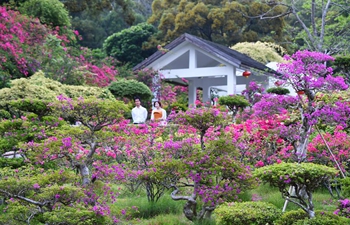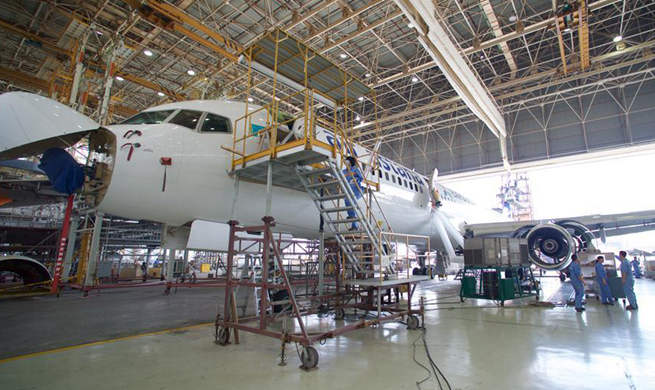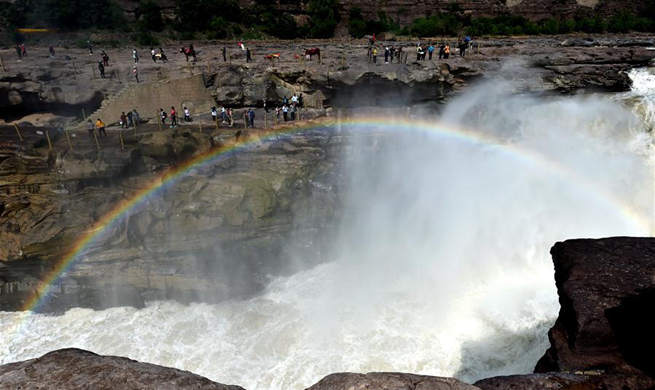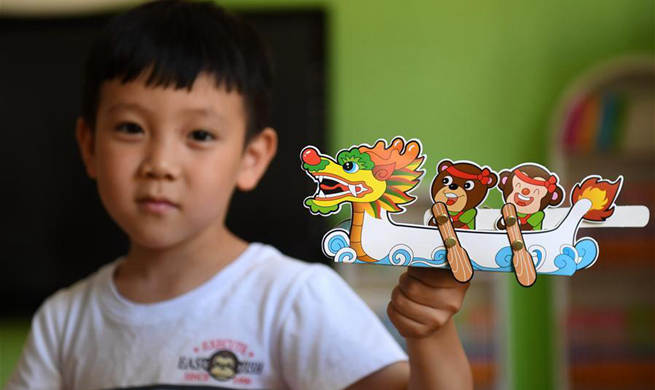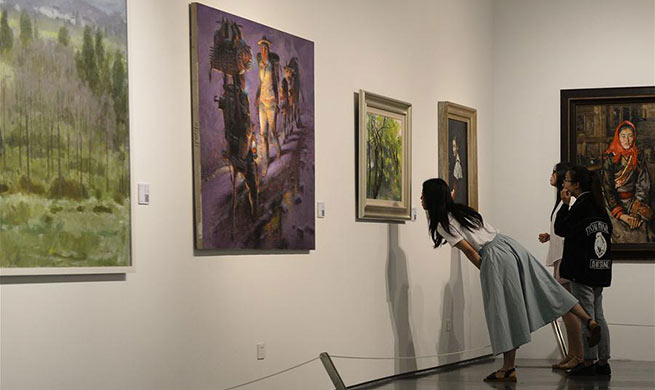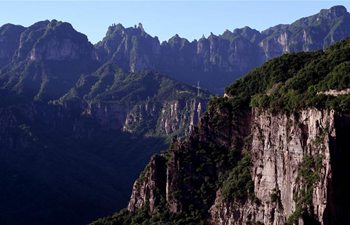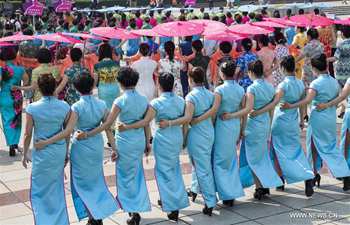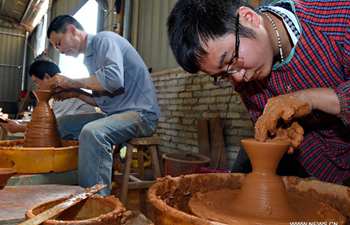JUBA, May 23 (Xinhua) -- South Sudan's largest rebel movement (SPLM-IO) have declined to participate in the national dialogue initiative launched by the South Sudanese leader on Monday, a spokesman for the rebel group told Xinhua on Tuesday.
Lam Paul Gabriel, deputy spokesman of the SPLM-IO said they will not send its representatives to the national dialogue because of safety concerns and denial of their leader from being part of the initiative.
Gabriel argued that the national dialogue would be meaningless without inclusion of all armed groups and disgruntled South Sudanese communities.
"This so called national dialogue is nothing but a pretense to show the blind regional bloc and the international community that the Juba regime means business while they continue to loot resources and kill innocent civilians," Gabriel said.
"Riek Machar is our chairman and commander in chief; without his orders, we can't send any delegation to Juba," he added.
The armed opposition group had earlier criticized the dialogue, describing it as "political entice" geared towards consolidating power by President Kiir.
Kiir officially started the much-awaited national dialogue for every South Sudanese but barred his former deputy-turned rebel leader from taking part in the process saying that Machar can only send delegates to the national dialogue.
Kiir also declared unilateral ceasefire with the rebels but vowed to fight back if his forces are attacked.
Presidential spokesman, Ateny Wek Ateny said the national steering committee of the national dialogue would continue to push for inclusion of the SPLM-IO in the dialogue in a bid to stabilize the East African nation torn apart by more than three years of civil war.
"The national steering committee of the national dialogue will be reaching out to those people who are opposed to the dialogue so that they give their opinion on how this country soon be governed and how the unity of South Sudan be redefined," Ateny said.
South Sudan has been devastated by civil war that broke out in December 2013 after President Kiir accused his former deputy Riek Machar of plotting a coup. Machar denied the accusation but then mobilized a rebel force.
Tens of thousands of South Sudanese have been killed, communities divided along ethnic lines and millions displaced since December 2013.
A peace deal signed in August 2015 between the rival leaders under UN pressure led to the establishment of a transitional unity government in April, but was shattered by renewed fighting in July 2016.
The UN estimates that 1.5 million people have been forced into neighboring countries and another 7.5 million people across the country are in need of humanitarian assistance and protection, and a localized famine declared in February in parts of northern unity state.




